1
/
of
7
BUBBLE FACIAL CLEANSER
BUBBLE FACIAL CLEANSER
Regular price
₹ 749
Regular price
₹ 749
Sale price
₹ 749
Unit price
/
per
Tax included.
Shipping calculated at checkout.
🚛 4 Days Shipping
🤩 20,000+ Happy Customers
Couldn't load pickup availability
✅ This product is 99..8% natural!
See it Why?
An invigorating mild skin cleanser stirred with air bubbles that let you bask in the fresh air of wild jungles. Filled with luscious Custard Apple extracts along with alluring Royal Jelly that cleanse with care and gives a supple moisturised feeling.
Share
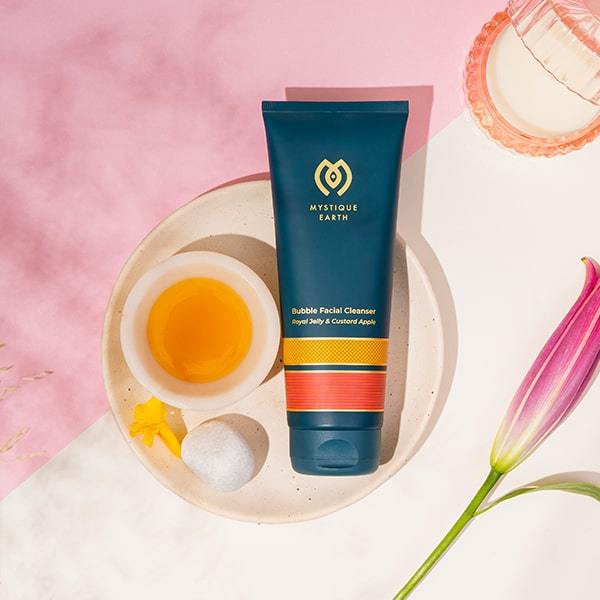
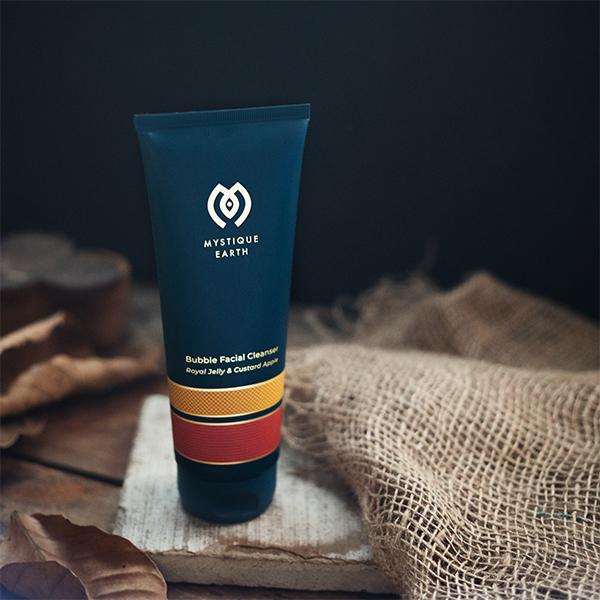
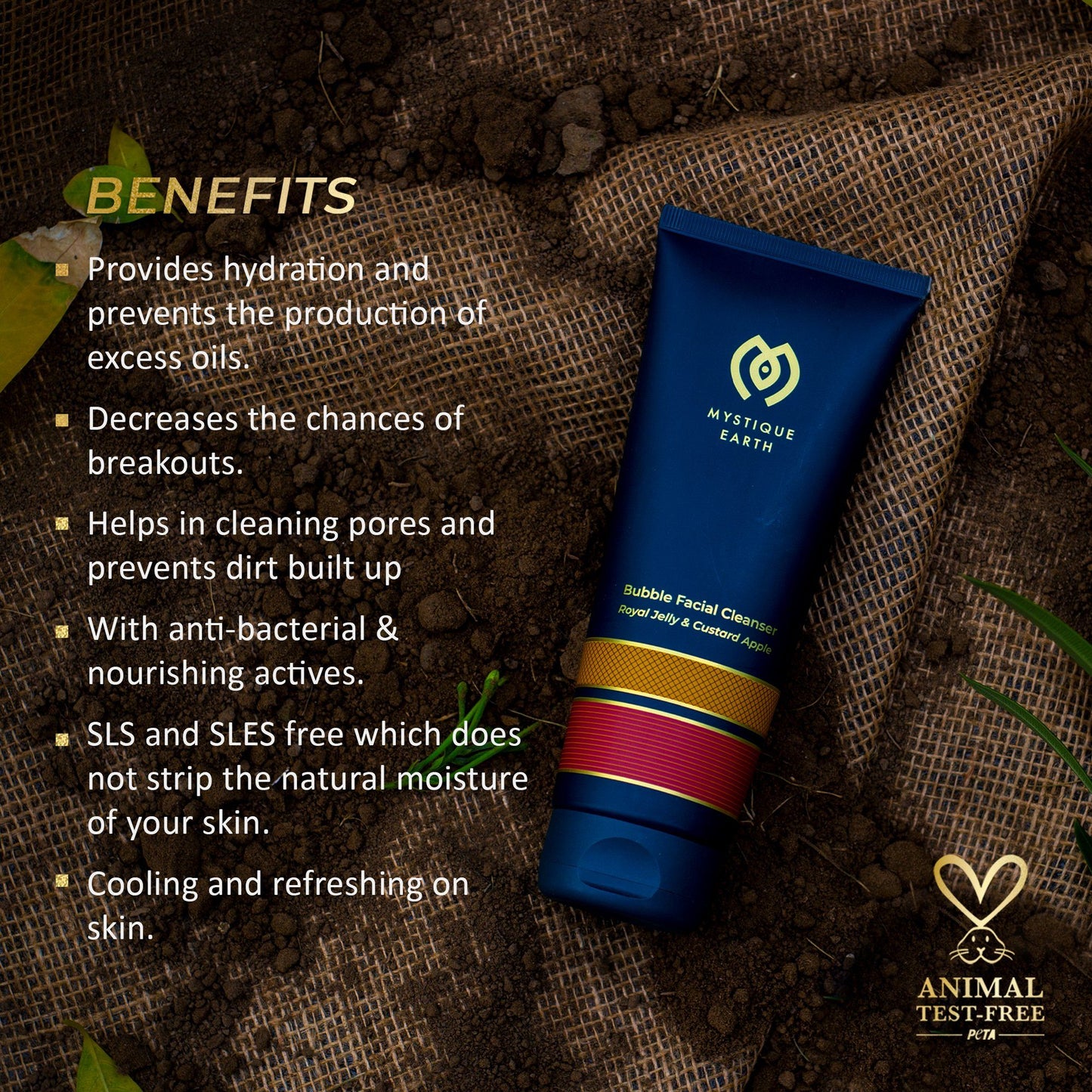
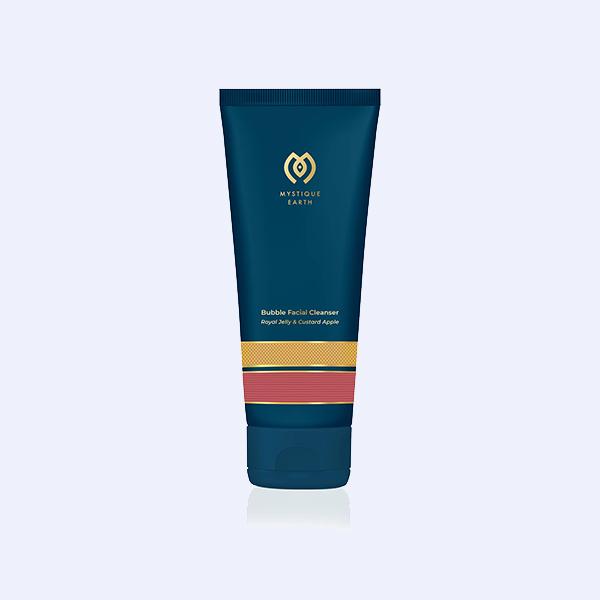
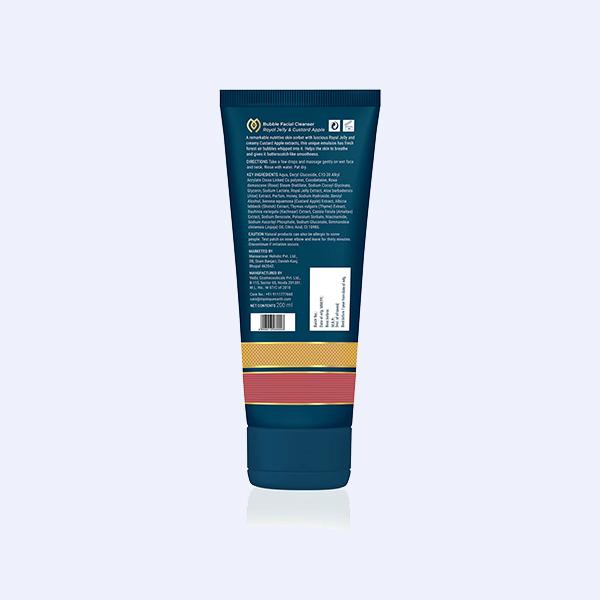
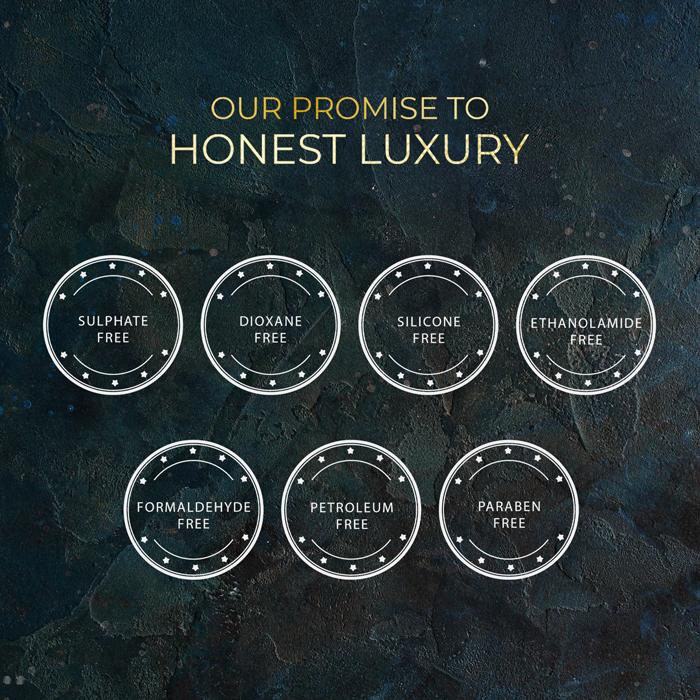
-

Regular sanitisation in our warehouse
-

Mandatory protective gear & thermal scanning for our teams
-

Contactless delivery via our delivery partners










